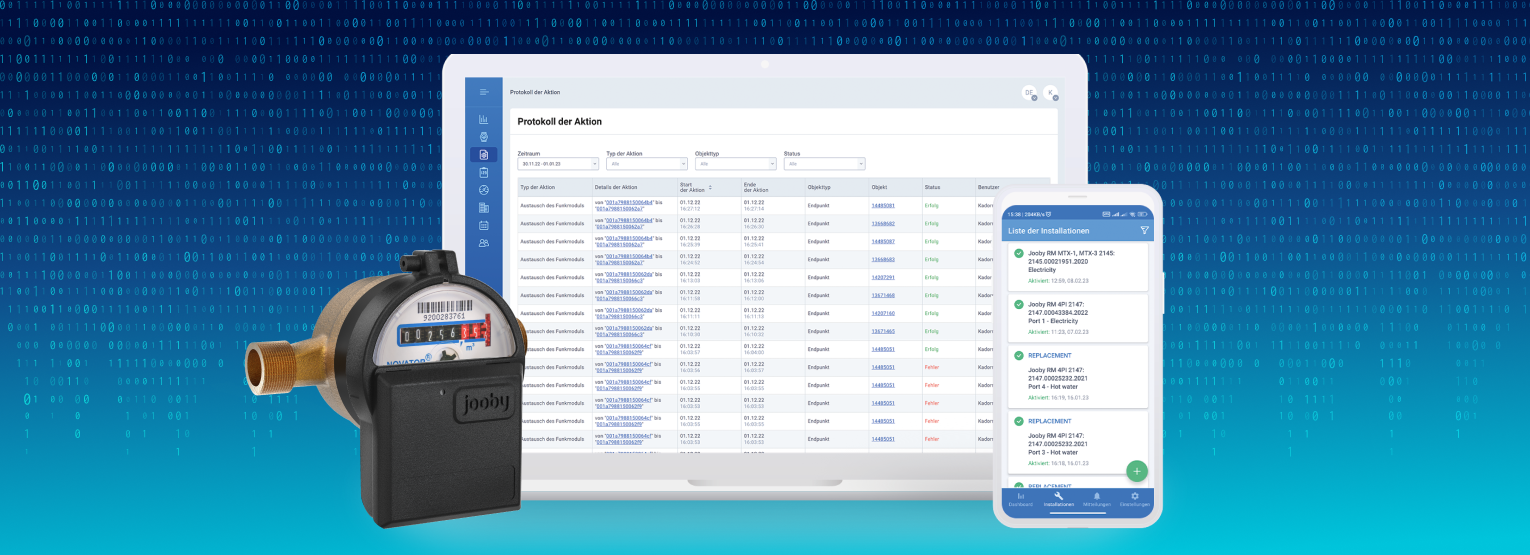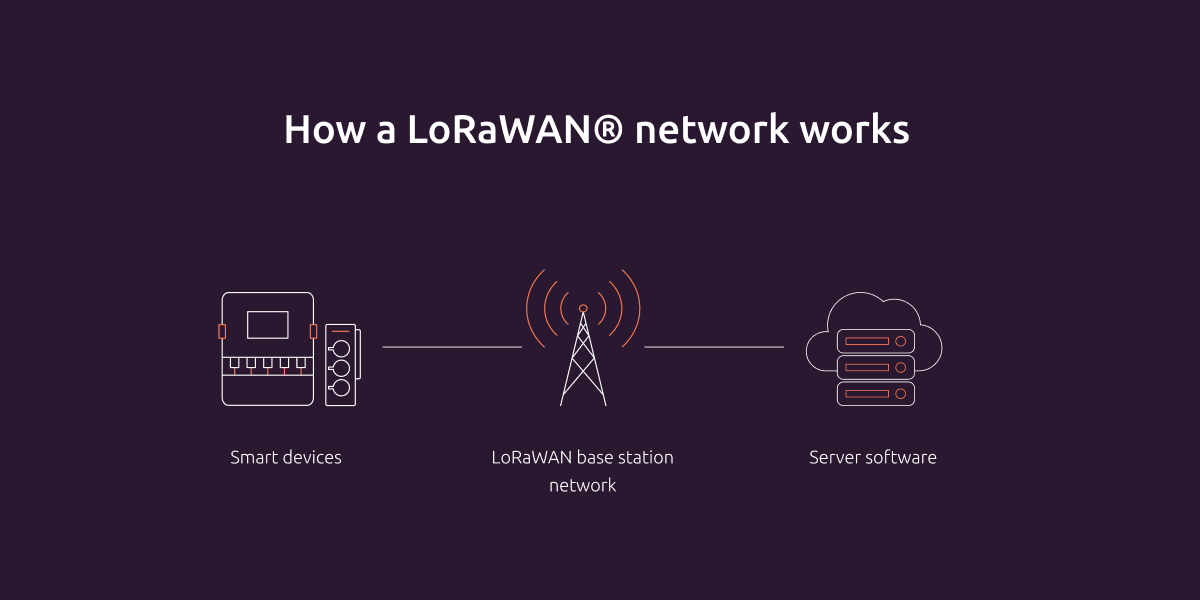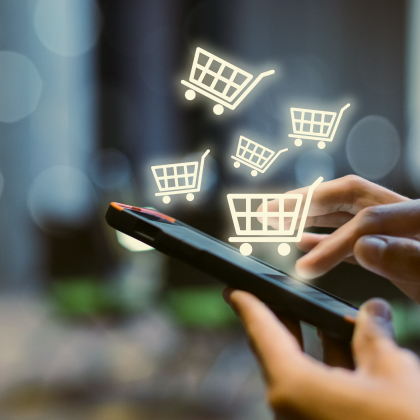Smart City - Blog - From the radiomodule to the admin panel: Automation in Data Management
27.06.2024
 1674
1674

From the radiomodule to the admin panel: Automation in Data Management

Automation of data collection in resource delivery is a convenient modern solution for both providers and consumers. In this article, we detail modern data collection automation strategies with smart devices and describe the benefits of remote data metering.
One of the important challenges for enterprises supplying resources is to get accurate consumption data on time. This is necessary for invoicing consumers and analyzing and identifying possible losses.
The traditional method of data collection is self-reporting by customers. Alternatively, meter readings are captured by controllers and utility specialists then record the information in paper logs or manually enter it into electronic databases.
Advances in technology and wireless communications have made it possible to use integrated systems for automated meter reading. By using smart automation practices, providers can accomplish several tasks at once:
So, automated metering saves utility companies both time and money, minimizes errors, and allows them to receive analytics in software with a user-friendly interface.
Remote meter reading collection is a technology that allows you to automatically record data from resource meters (water, gas, heat, electricity) and transmit it to the provider’s server without human involvement i.e. controllers, operators, or other specialists used by utility companies.
Smart devices (radio modules or smart meters) can be programmed in a convenient mode with a required data transmission interval: once an hour / once every few hours / once a day. More frequent data transmission allows the provider to get a more comprehensive picture. However, this is not always necessary and reducing the frequency of readings allows you to save battery power for your devices.
Put simply, remote meter reading for providers has become essential in terms of streamlining administration and enhancing data collection efficiency.

Comprehensive integration of solutions for remote data metering consists of several levels:
Radio modules are devices attached to resource meters and use sensors to record their readings according to a set schedule. In most cases, radio modules are equipped with autonomous power supplies (batteries).
Many radio module models are not constantly active, instead, they operate only for the short period of time required to record, process, and transmit meter data. This allows the radio modules to work for several years without battery replacement.
LoRaWAN network and gateways. LoRaWAN (Long Range Wide Area Network) is a wireless technology designed for data transmission with low power consumption over a distance of up to 10-15 km. This task is performed by special devices — gateways, or base stations, which are usually placed on towers in an open space.
The functionality of each gateway allows for the receipt of data from a certain number of radio modules (this number can reach several dozens). The base station then processes the data and transmits it to the server.
The network server is the hardware where the data from the metering devices is received. On the server, the data is processed and converted into a convenient format where it is accessed by an operator in the administration panel.
The Admin panel is the software interface that allows operators and users to interact with the system. Admin panel data collection automation provides the operator with the following capabilities:
Monitoring: the operator can monitor network status and meter readings in real time.
Data analysis: the program generates reports using accurate system information and allows users to analyze resource consumption.
Device information: radio modules send a signal to the admin panel about low battery charge, as well as about unauthorized attempts to switch them off or affect the meter with a magnet.
Alerts: radio modules can also alert you to emergencies, such as water backflow or leaks.
Strategic automation means simultaneous improvements on several levels:
For fast and successful streamlining data collection, all of these elements should be used in combination. To make it easy for providers, developers of such solutions provide them as a package that includes endpoint devices, base stations, and software. At jooby.eu, you can see how the solution works on the demo page.
Modern technologies enable providers to streamline a number of processes and save money by increasing efficiency with automated data collection. Using seamless integration solutions, providers can now implement automatic resource metering in just a short period of time. This allows them to receive timely and accurate consumption data, detect leaks and possible tampering, receive analytics in a convenient format, improve service quality, and reduce staff workload and costs.
Stay on top of the latest industry news
Thank you, we have received your message. Our manager will contact you shortly.

Our experts are always happy to help and promptly answer your questions. Please fill out the form to discuss your project and develop a tailored action plan.
Thank you, we have received your message. Our manager will contact you shortly.
Thank you, we have accepted your request. In the near future the responsible manager will contact you and clarify the details of the order.
Our experts are always happy to help and promptly answer your questions. Please fill out the form to discuss your project and develop a tailored action plan.
Thank you, we have received your message. Our manager will contact you shortly.